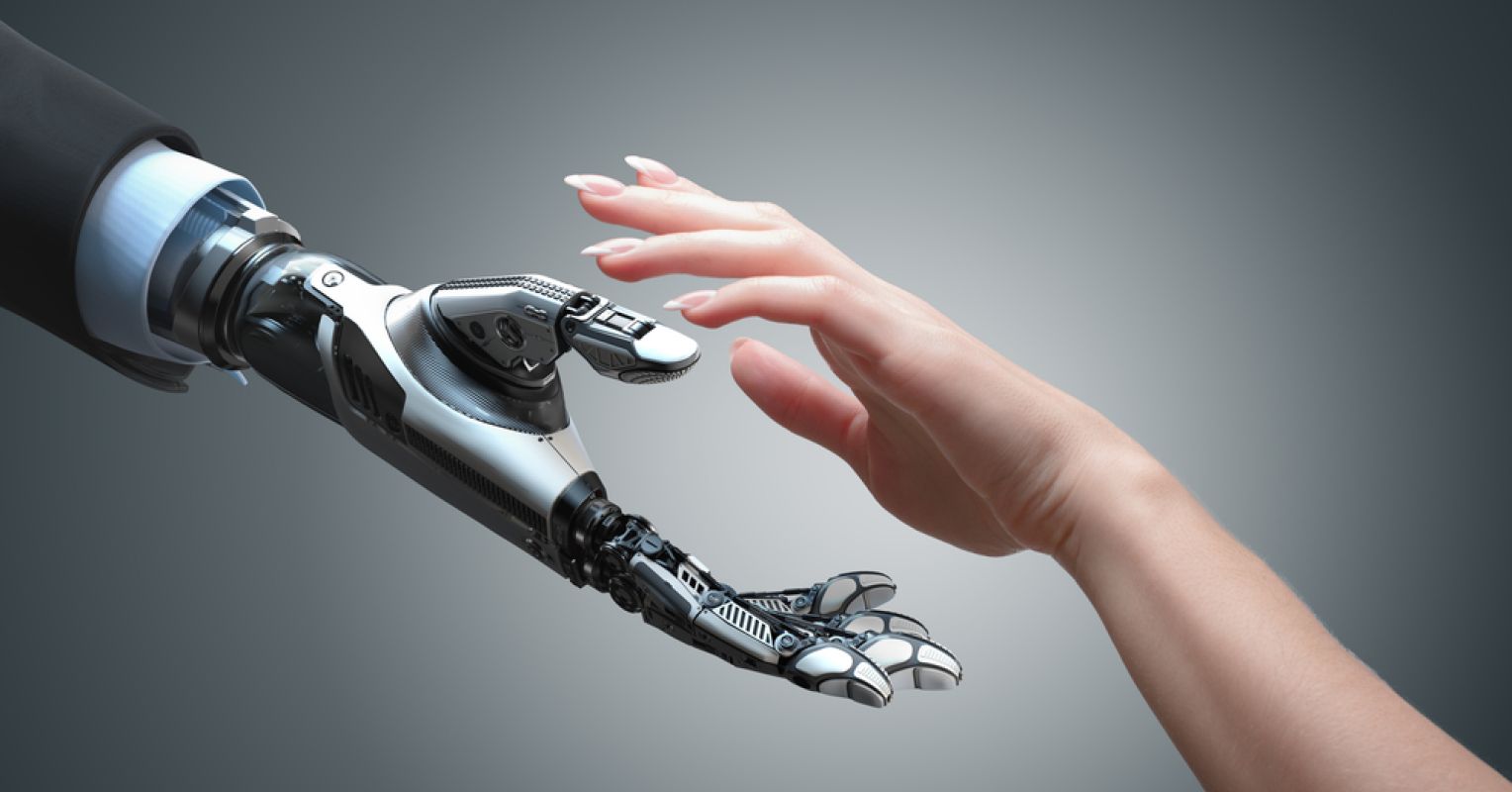The Silent Sexual Revolution

```html
The Digital Embrace: How Technology is Quietly Reshaping Intimacy
Ignoring the Elephant in the (Digital) Room
As a seasoned sex therapist, I've witnessed a technological revolution in human intimacy—a revolution we're largely ignoring. While AI, VR, and other technologies reshape our most personal connections, a veil of silence hangs over the conversation. Parents are often shocked by the sex tech available to their kids. Physicians and therapists remain unaware of how technology is already altering intimate behaviors. Why this collective blind spot?
Present Crises Stealing the Spotlight
In a world battling climate change and economic anxieties, the long-term implications of technology on love and sex might seem less urgent. Most people are just trying to keep their heads above water, leaving little bandwidth for future concerns.
Lost in the Technological Labyrinth
For many, especially older generations, the complexities of AI and VR remain enigmatic. This technological illiteracy makes it difficult to grasp the potential—and risks—of these technologies influencing our interactions. We underestimate what we don't understand, a miscalculation with potentially profound consequences.
The Illusion of Human Superiority
We cling to the belief that humans will always be the preferred intimate partners. But this ignores the rapid advancements in AI and robotics, making digital interactions increasingly satisfying, both emotionally and sexually. And even if human partners remain preferred, the ease and convenience of AI alternatives could prove a powerful draw.
Societal Shifts: Whispers of Change
Perhaps most alarming is our disregard for societal trends. Intercourse rates have been falling for over two decades. People are dating and partnering less. Yet, sex toy sales are booming, porn consumption is surging, and stress and anxiety are on the rise – all impacting the motivation and energy needed to nurture human relationships.
The Subtle Creep of Transformation
We envision a sudden shift—a world of chatbot lovers and robot partners. But the change is gradual, almost imperceptible. This subtle creep allows us to dismiss the cumulative impact over time.
Focusing on Glitches, Ignoring Potential
We fixate on the awkwardness of chatbots and the uncanny valley effect, overlooking the rapid pace of technological advancement. We also forget that human relationships, too, are imperfect and require constant effort.
Sex Positivity's Shadow
Our hard-won sex-positive culture hesitates to critique new forms of intimacy. While embracing open-mindedness, we must also critically examine the broader impacts of these technologies on human connection.
Charting a Course for the Future
I don't see a technological doomsday for relationships. This innovation holds potential for enhancing intimacy and communication. However, ignoring the ongoing transformation risks losing control over how technology integrates into our most personal spheres.
Protecting the Future of Connection
Younger generations will feel the impact most acutely. We must promote open discussions about technology's role in intimacy, encourage balanced tech use, establish ethical guidelines for its development, and, importantly, educate people on the art of lovemaking, ensuring their most fulfilling sexual experiences aren’t confined to the digital realm.
Let's address technology's impact on intimacy with the same urgency as other societal issues. By acting now, we can ensure technology enhances, not replaces, human connection, safeguarding our capacity for deep, meaningful relationships in the digital age.